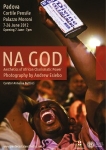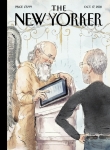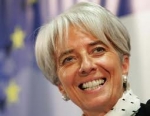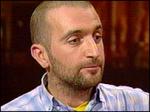An international conference not to be missed! Research on evangelicals being at the heart of current events, the objective of this international conference will be to broaden the field by crossing analyses and observations in order to better identify the dynamics at work in the Christian world on the level of interactions between religion and politics.
The conference intends to put forward early career researchers. Papers will be in French or in English, to be followed by ensuing publications.
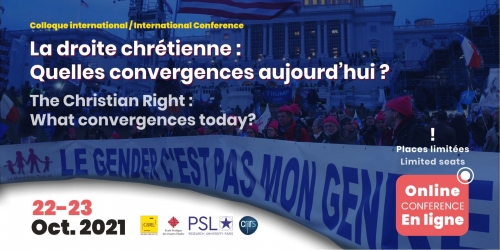
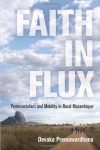
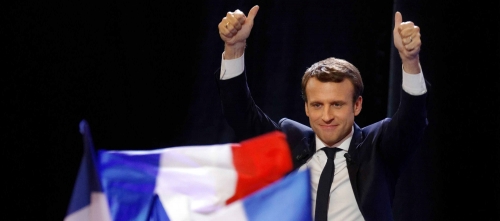
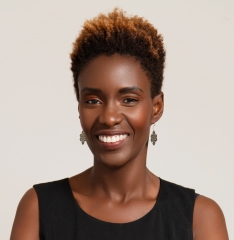

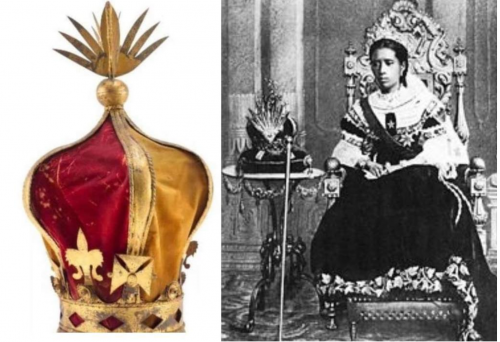
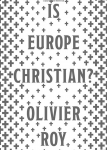
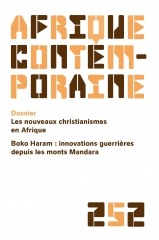 Edited by the
Edited by the 





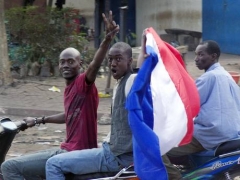 Many different streams have built up the French left-wing tradition, including a growing trend in favour of multiculturalism, and a lasting pro-palestinian stance.
Many different streams have built up the French left-wing tradition, including a growing trend in favour of multiculturalism, and a lasting pro-palestinian stance.
